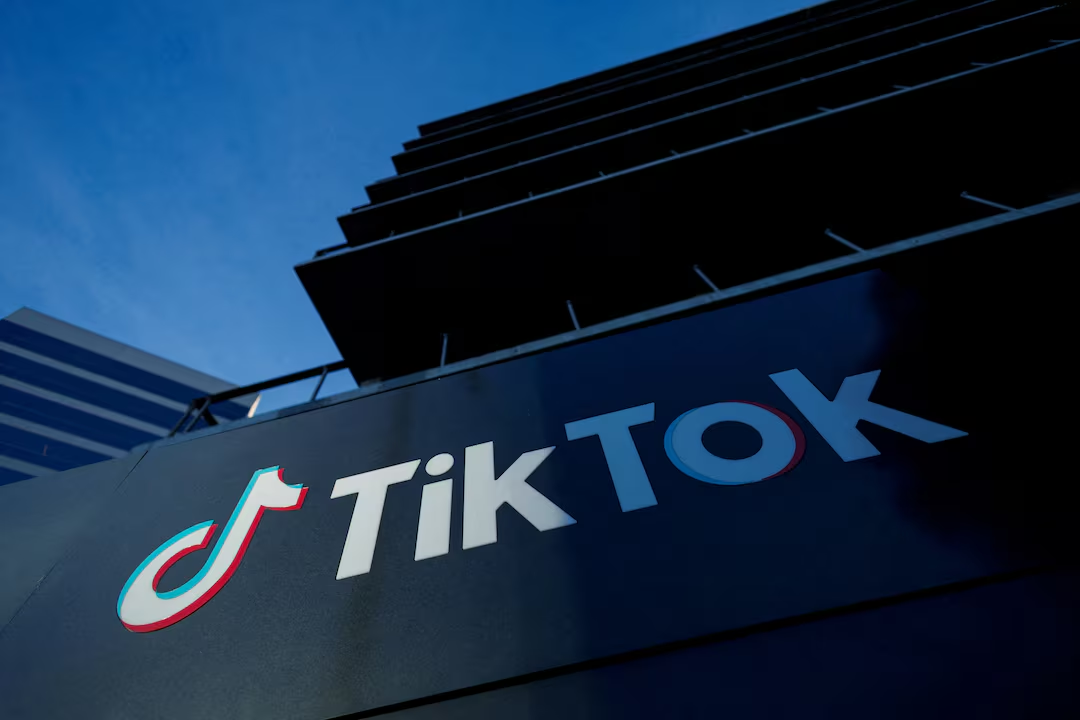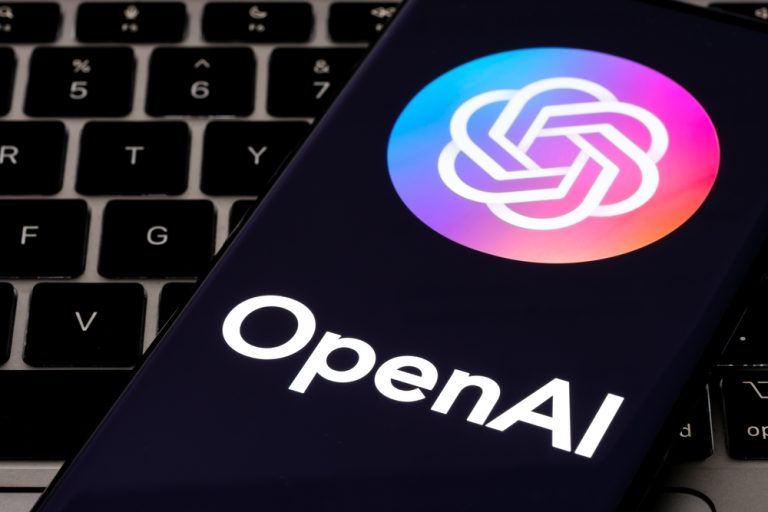In a significant legal move, TikTok and its parent company ByteDance have initiated a lawsuit against a recent U.S. legislation mandating the sale of TikTok or face a potential ban. This dispute underscores the tension between significant tech enterprises and national security concerns attributed to foreign ownership. The suit, lodged in the U.S. Court of Appeals for the District of Columbia, contests the law’s constitutionality, particularly citing violations of free speech rights.
Seeking Legal Redress Against Restrictive Legislation
TikTok and ByteDance’s legal challenge addresses the law signed on April 24 by President Joe Biden, which requires ByteDance to either divest TikTok by January 19, 2025 or cease its operations in the U.S. The lawsuit articulates that this divestiture is not feasible “commercially, technologically, or legally” and would lead to TikTok’s shutdown, effectively silencing its 170 million American users. The law, driven by concerns over potential Chinese surveillance, was fast-tracked in Congress, reflecting the bipartisan apprehension about data security with apps like TikTok.
The Core of the Controversy: Data Security and National Sovereignty
According to the lawsuit, TikTok has invested over $2 billion in safeguards to protect U.S. user data and is negotiating a comprehensive National Security Agreement with CFIUS. Despite these efforts, CFIUS’s cessation of meaningful discussions in August 2022, followed by demands in March 2023 for ByteDance to divest its U.S. operations, underscores a severe impasse. The suit further highlights that the Chinese government would not allow the sale of TikTok’s pivotal recommendation engine, crucial for its success in the U.S.
Historical Context and Ongoing Legal Battles
The backdrop of this legal struggle includes the Trump administration’s unsuccessful attempt to ban TikTok and WeChat in 2020, illustrating the ongoing judicial and administrative wrestling over control and operation of foreign-owned apps in the U.S. The controversy encapsulates a broader conflict over internet governance and technology between the U.S. and China, evidenced by recent actions against other tech giants like Apple and Meta Platforms in China.
The ongoing legal battle between TikTok, ByteDance, and the U.S. government epitomizes the complex interplay between innovation, free speech, and national security. As the court prepares to hear this pivotal case, the outcome will affect the millions of TikTok users and set a significant precedent for international business operations and cyber governance. With the January deadline approaching, all eyes will be on how this confrontation unfolds, potentially reshaping the landscape of global technology and data security.























